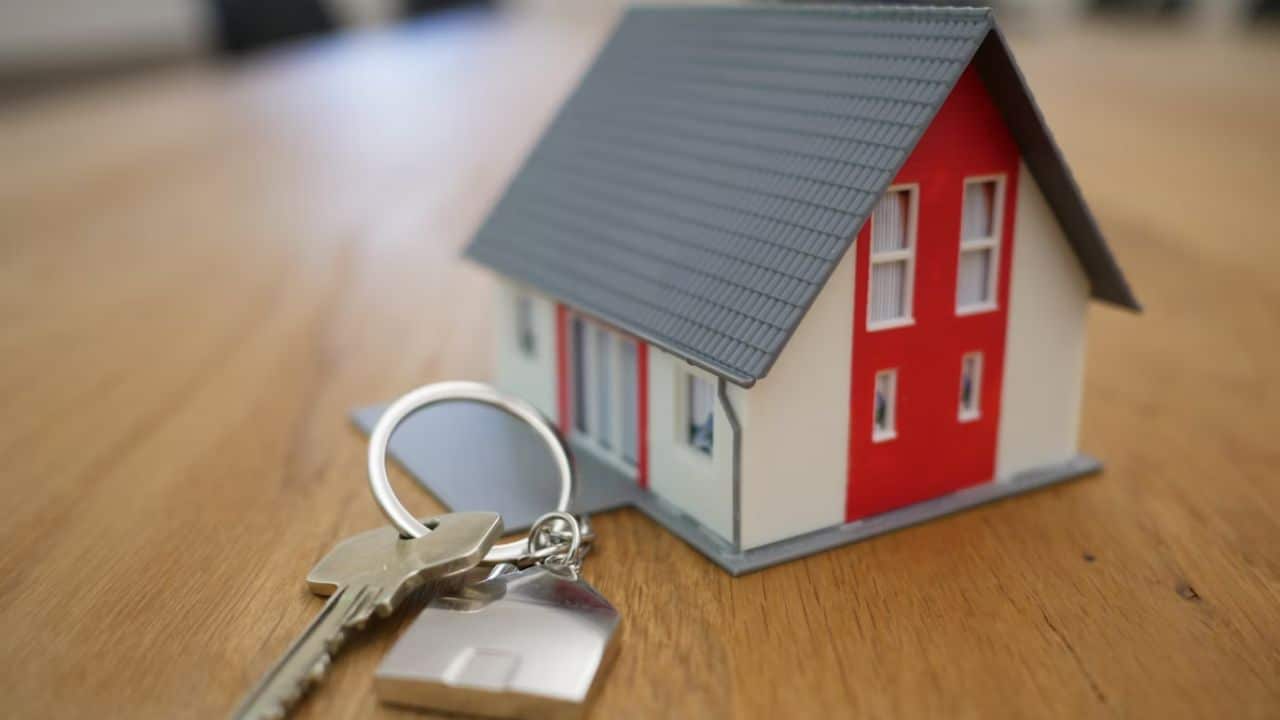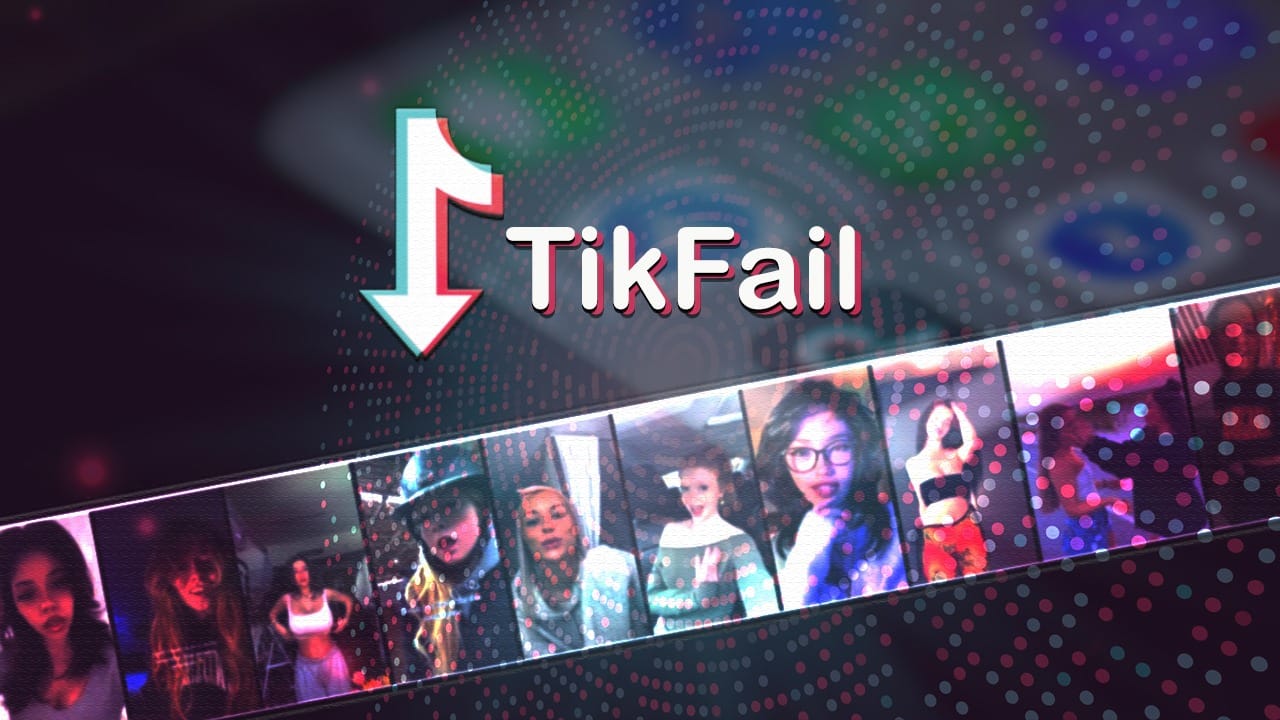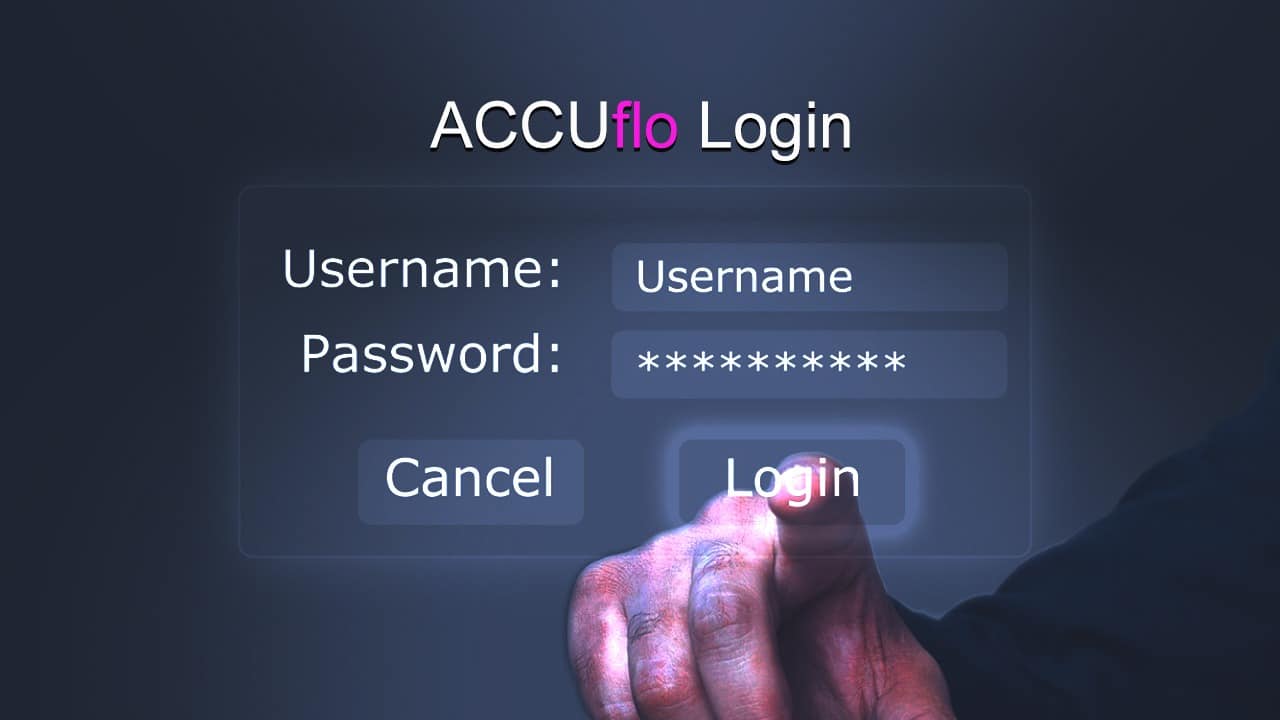Listen to the Podcast:
The gig economy has revolutionized the way people work, offering unprecedented flexibility and freedom. As a result, the number of freelancers and independent contractors has soared. However, the financial unpredictability that comes with the gig economy can make it challenging to navigate long-term financial decisions, like buying a home. So, should freelancers consider homeownership, or is renting a more sensible option? In this article, we’ll explore the pros and cons of buying a home as a freelancer, and discuss whether it’s a viable choice for those working in the gig economy.
The Challenges of Buying a Home as a Freelancer
There are a fair number of challenges of buying a home as a freelancer. These include:
- Income volatility: Freelancers often face fluctuations in their monthly income, which can make it difficult to save for a down payment, qualify for a mortgage, and afford monthly mortgage payments.
- Difficulty obtaining a mortgage: Lenders typically look for a stable, consistent income when approving mortgage applications. Freelancers’ irregular income streams can make it harder to secure a mortgage, leading to higher interest rates or more stringent loan requirements.
- Long-term commitment: Buying a home is a long-term financial commitment, and freelancers may be unsure whether their gig work will provide the necessary income stability for the foreseeable future.
The Benefits of Buying a Home as a Freelancer
The challenges are not insignificant, but it is not all bad. Here are some of the benefits of buying a home as a freelancer:
- Building equity: As a homeowner, you build equity in your property over time. This can be a significant financial advantage compared to renting, where your monthly payments do not contribute to any long-term investment.
- Tax benefits: Homeowners can often benefit from tax deductions, such as mortgage interest and property tax deductions, which can help offset the costs of homeownership.
- Stability and control: Owning a home offers a sense of stability and control that many freelancers crave. As a homeowner, you have the freedom to make changes to your property and don’t need to worry about landlords or lease agreements.
Strategies for Freelancers Considering Homeownership
If you’re a freelancer considering buying a home, the following strategies can help you navigate the challenges of homeownership in the gig economy:
- Maintain a solid financial foundation: Before applying for a mortgage, make sure you have a healthy emergency fund, a strong credit score, and a history of consistent income. This will help demonstrate your financial stability to lenders and increase your chances of securing a mortgage.
- Explore alternative mortgage options: Some lenders offer mortgage products specifically designed for freelancers and self-employed individuals. These loans may have more flexible income verification requirements and can be a good option for gig workers looking to buy a home.
- Work with a knowledgeable real estate agent: A real estate agent experienced in working with freelancers can help you navigate the home buying process and recommend lenders who are more likely to approve your mortgage application.
- Be realistic about your budget: When considering homeownership, be honest with yourself about how much home you can afford. Factor in not just the mortgage payments, but also property taxes, insurance, maintenance, and other costs associated with owning a home.
Renting as an Alternative
For some freelancers, the financial uncertainty of the gig economy may make homeownership an unattainable or unwise goal. In these cases, renting can be a more suitable option. Renting offers flexibility, lower upfront costs, and the freedom to move easily as work opportunities arise.
When renting, it’s essential to consider several factors, including the location, rental price, lease terms, and obtaining renters insurance for your apartment. Renters insurance is a relatively inexpensive way to protect your personal belongings from theft, damage, or loss, and it provides liability coverage in case someone is injured on the property. By carefully evaluating these factors, freelancers can make informed decisions that best suit their needs in the gig economy.
Conclusion
The decision to buy a home as a freelancer in the gig economy is a complex one, requiring careful consideration of the challenges and benefits associated with homeownership. By maintaining a strong financial foundation, exploring alternative mortgage options, and working with an experienced real estate agent, freelancers can increase their chances of successfully buying a home. However, for those who find the risks and uncertainties too great, renting remains a viable and flexible alternative. Regardless of the choice made, obtaining appropriate insurance coverage, such as renters insurance for tenants, is crucial for protecting one’s assets and ensuring peace of mind in an ever-changing gig economy landscape.







































